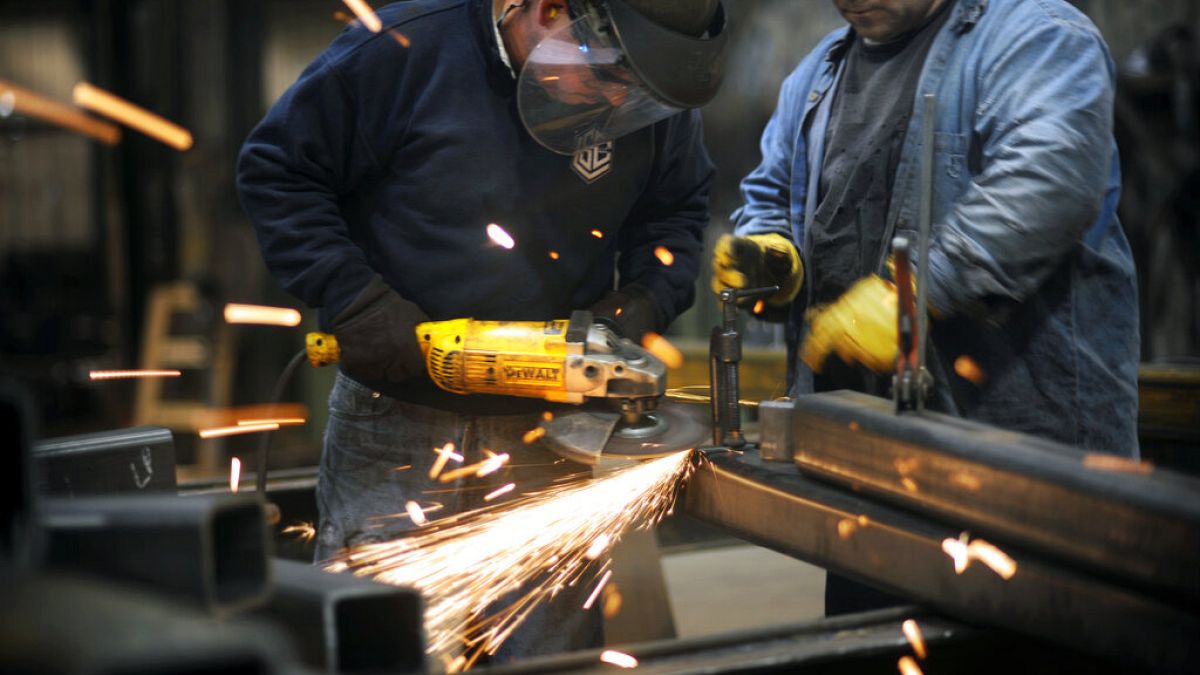Poland’s president vows to spend 4.7% of GDP on defence this year

Poland already spends more of its GDP on defence than any other NATO country, followed by Estonia and the US.
Polish President Andrzej Duda announced on Wednesday that his country plans to spend 4.7% of GDP on defence this year.
According to Duda, the national defence budget is expected to reach €30 billion, which would make it the largest defence budget among NATO countries. Poland already spends 4.1% of its GDP on defence.
During a meeting with top commanders of the Polish armed forces, Duda also emphasised that Poland intends to strengthen its defence alliance with the US.
“We have a permanent, strong American anti-missile base in Poland,” Duda said, “and we are continuing with the purchases of the most modern equipment for the Polish army.”
Warsaw, which supports Ukraine’s struggle against Russia’s full-scale invasion, is making large purchases of military equipment, including fighter jets, tanks and missile defence systems from the US and South Korea.
US President Donald Trump has lately complained that EU NATO allies are failing to spend the mandated 2% of their GDP on defence. Having previously said he would encourage Russia to “do whatever the hell they want” to allies who don’t pay enough, he has called for the spending threshold to be raised to 5%.
Trump has also said he would not rule out the use of military force to seize control of Greenland, an autonomous territory belonging to NATO member Denmark.
Polish Prime Minister Donald Tusk has publicly agreed that spending needs to be increased across the alliance, and has called for his fellow EU members to protect Europe’s eastern flank against Russia’s aggression.
“There is no alternative, Europe must finance the East Shield project”, he said at an EU defence summit in Brussels this week.
The EU Commission estimates that the bloc needs to invest €500 billion in the defence sector over the coming decade so that it can continue to support Ukraine while also ensuring it is in a position to defend itself after decades of underinvestment.
Despite the sanctions imposed by the West to cripple its economy and undermine its ability to wage war, intelligence agencies have warned that Russia continues to outproduce its European counterparts in military equipment and could be in a position to attack an EU country by 2030.
Lithuanian President Gitanas Nausėda said in January that Lithuania has decided to raise its spending on defence to between 5% and 6% of overall national economic output starting in 2026, citing the threat of Russian aggression in the region.
Video editor • Rory Elliott Armstrong
World News || Latest News || U.S. News
Source link



